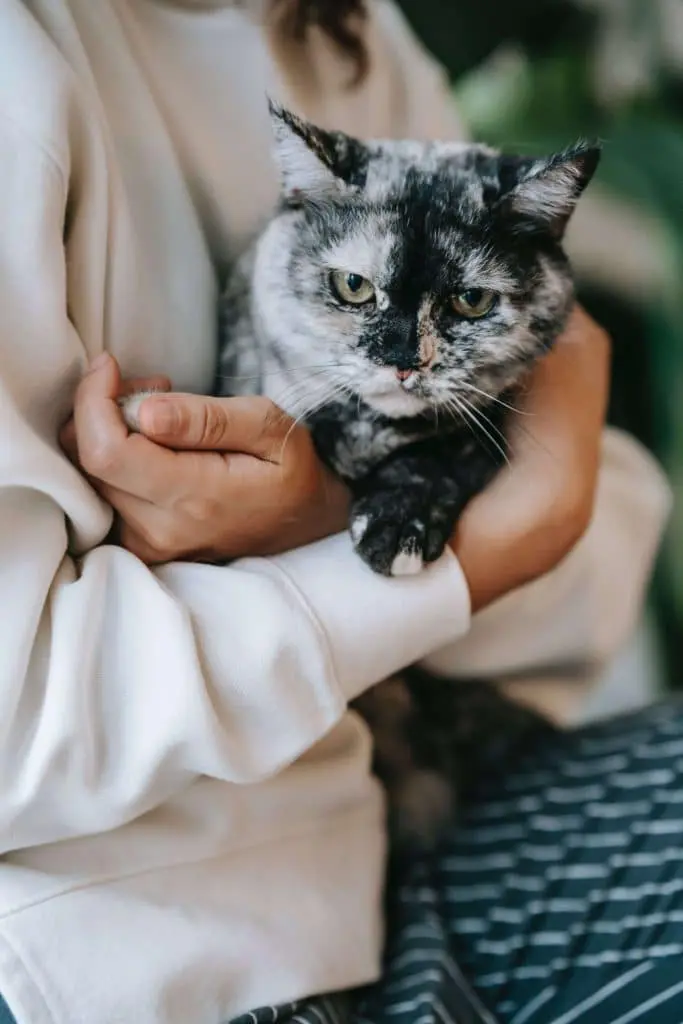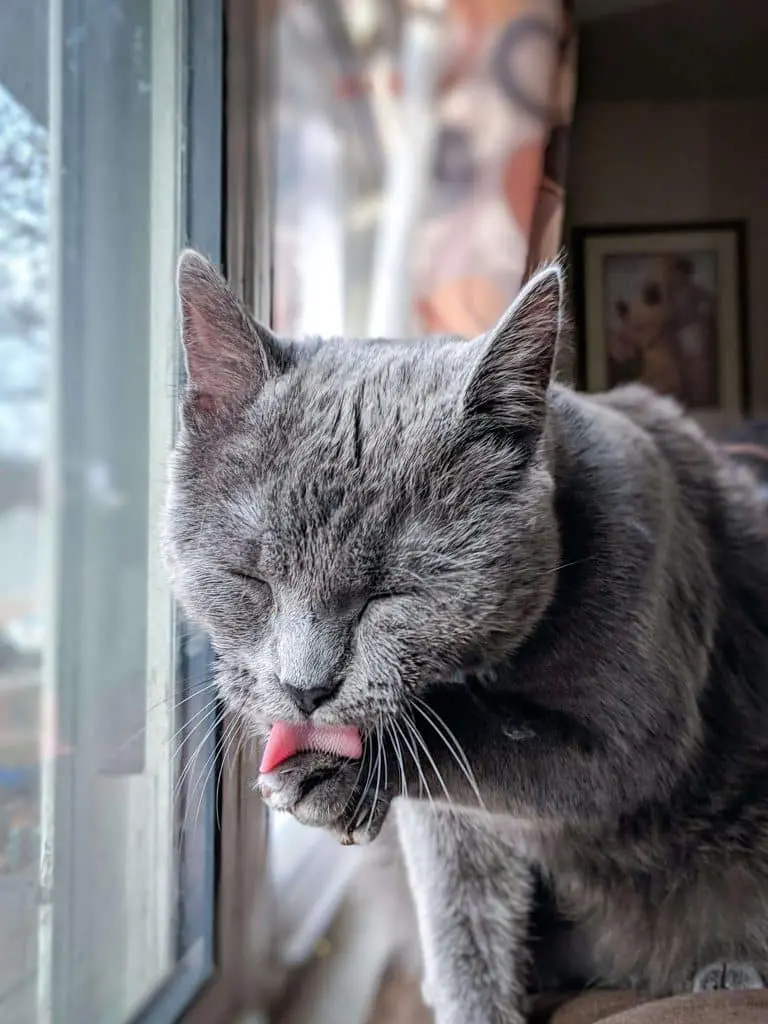Has your aging cat become unusually vocal? While those persistent meows may feel like a nuisance, they may be a sign that your older cat needs your help.
While kittens use meows to communicate with their mothers, adult cats meow almost exclusively at their humans. Cat experts tend to believe that these vocalizations are a special way of connecting with caregivers, so it’s important to remember that even the most chatty cats have something to say.
If the aging process has brought on changes to your senior cat’s health or mobility, insistent meowing could be their way of letting you know.
 Visit Your Vet to Rule Out Illness
Visit Your Vet to Rule Out IllnessCats can be very secretive about their pain, but excessive meowing is an important warning sign of several health issues commonly found in older cats. Conditions like joint problems and urinary tract infections often fly under the radar until they become serious, so it’s a good idea to visit your vet to rule them out before determining that the vocalizations are a behavioral issue.
Be especially alert if meowing is accompanied by other new behaviors like:
Senior cats can sometimes experience feline dementia, or cognitive dysfunction syndrome (CDS). Similar to the disease process seen in humans, this cognitive decline can cause cats to become confused and disoriented even in their own homes. Understandably, this can cause a great deal of distress.
An older cat who meows incessantly might be seeking reassurance that their person is close by. Be patient as you try to reorient your cat and offer plenty of affection. Your veterinarian can diagnose CDS and may recommend anti-anxiety medication to help your cat cope with these cognitive changes.
Age can dampen your cat’s normally very sensitive hearing. Cats who are experiencing deafness may struggle to modulate their own vocalizations, leading to excessively loud meows.
If your feline friend seems easily startled or doesn’t respond to your voice when you’re out of sight, it could be time to ask your vet to investigate possible hearing loss.

Cats are creatures of habit. If your feline friend seems inconsolable, they may be having difficulty carrying out their normal daily activities.
A once-agile cat may be having trouble accessing their favorite napping spot, or their top-entry litter box might have become a chore to use. Fortunately, small modifications like pet stairs and litter boxes with low sides can make it much easier for your elderly cat to feel at ease.
We’ve all seen the baffling ways cats contort their bodies in order to groom themselves. Understandably, as cats age, they may not be able to care for their coats as thoroughly as they used to.
Our feline friends are fastidious about hygiene, so a matted or greasy coat is distressing enough to shout about. Offer a helping hand by gently brushing your senior cat to distribute oils and prevent mats. Pairing the experience with treats can usually help even skeptical cats come to enjoy being groomed by their humans.
As frustrating as non-stop vocalizations may be, it’s important to understand that your older cat is meowing for a reason.
Never punish your cat for being vocal, and approach the task of decoding their meows with an attitude of empathy and curiosity. Soon you may find that you and your cat are speaking the same language.